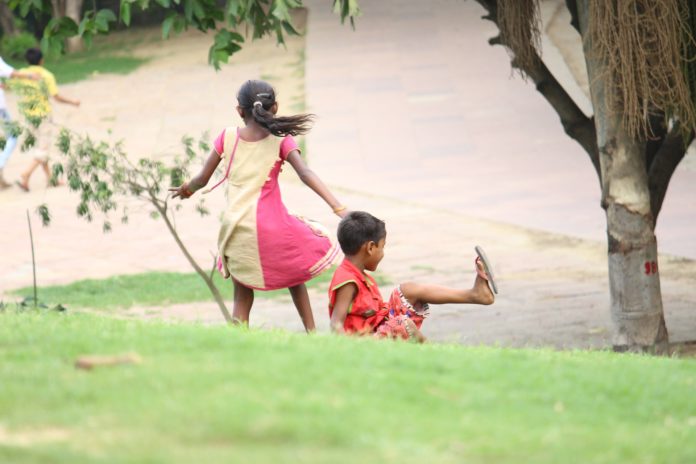Latest report on pneumonia and diarrhoea shows India still has the most number of baby deaths; baby girls lose out on vaccines too
Pneumonia and diarrhoea together led to nearly one of every four deaths that occurred in children under five years of age across the world in 2016. India tops the list of 15 countries with the most casualties. In 2016, 260,990 babies died in India of these two diseases.
The 2018 Pneumonia and Diarrhea Progress Report–released ahead of the 10th annual World Pneumonia Day, on November 12, by the International Vaccine Access Center (IVAC) at the Johns Hopkins Bloomberg School of Public Health–describes efforts to fight pneumonia and diarrhoea in 15 countries with the greatest number of deaths from these illnesses.
For India while the numbers have always been high, the latest report highlights how baby girls lose out even on vaccination. “Across India there is lower vaccine coverage among female children in rural areas and in poor, urban areas. Improvements to full immunization coverage in India have not succeeded in closing the gender gap in coverage, as only 78 females were fully immunized for every 100 males fully immunized in poor areas of Delhi.”
“Improvements to full immunization coverage in India have not succeeded in closing the gender gap in coverage, as only 78 females were fully immunized for every 100 males fully immunized in poor areas of Delhi.”
This report analyzes how effectively countries are delivering or ensuring the use of 10 key interventions, which include exclusive breastfeeding, vaccination, access to care and use of antibiotics, oral rehydration solution, and zinc supplementation to help prevent and treat pneumonia and diarrhoea. These measures are known to help protect children from death due to these illnesses and could help achieve the UN’s Sustainable Development Goal target of reducing under-five mortality to at least as low as 25 per 1,000 live births by 2030.
The Pneumonia and Diarrhoea Progress Report, issued annually by IVAC for nearly a decade, finds that although countries are making progress toward improved vaccine coverage, they seriously lag in efforts to treat childhood illnesses–especially among populations that are remote, impoverished, or otherwise left behind.
“Progress to stop child deaths is being hampered by persistent inequities in countries around the world,” said Kate O’Brien, MD, MPH, a professor in the Bloomberg School’s Department of International Health and IVAC’s executive director. “Addressing these inequities will demand greater levels of funding, strong political commitment, accountability supported by better data, and a coordinated global effort that prioritizes the most vulnerable.”
Eight out of 15 countries assessed failed to meet the targets for any of 10 interventions to protect against and treat pneumonia and diarrhea, as outlined in the World Health Organization and UNICEF’s Integrated Global Action Plan for the Prevention and Control of Pneumonia and Diarrhea (GAPPD). Two of the countries met the 90% target coverage rate for at least four vaccines. On treatment measures, none of the 15 countries were able to attain the 90% targeted level of coverage.
For the first time, the annual report reviewed stratified national data, revealing inequities in how well countries were providing life-saving interventions to children based on gender, location of residence (i.e., urban or rural), maternal education, and wealth.
The authors conclude that in order to accelerate progress, governments must collect better data on a regular basis. The global community must prioritize improving access to prevention and treatment interventions for children who are now not being reached. Funders must continue or increase support for proven solutions–or risk having progress slip away. Finally, integrating strategies related to health systems, poverty, and education may yield opportunities to improve equity in many countries.


